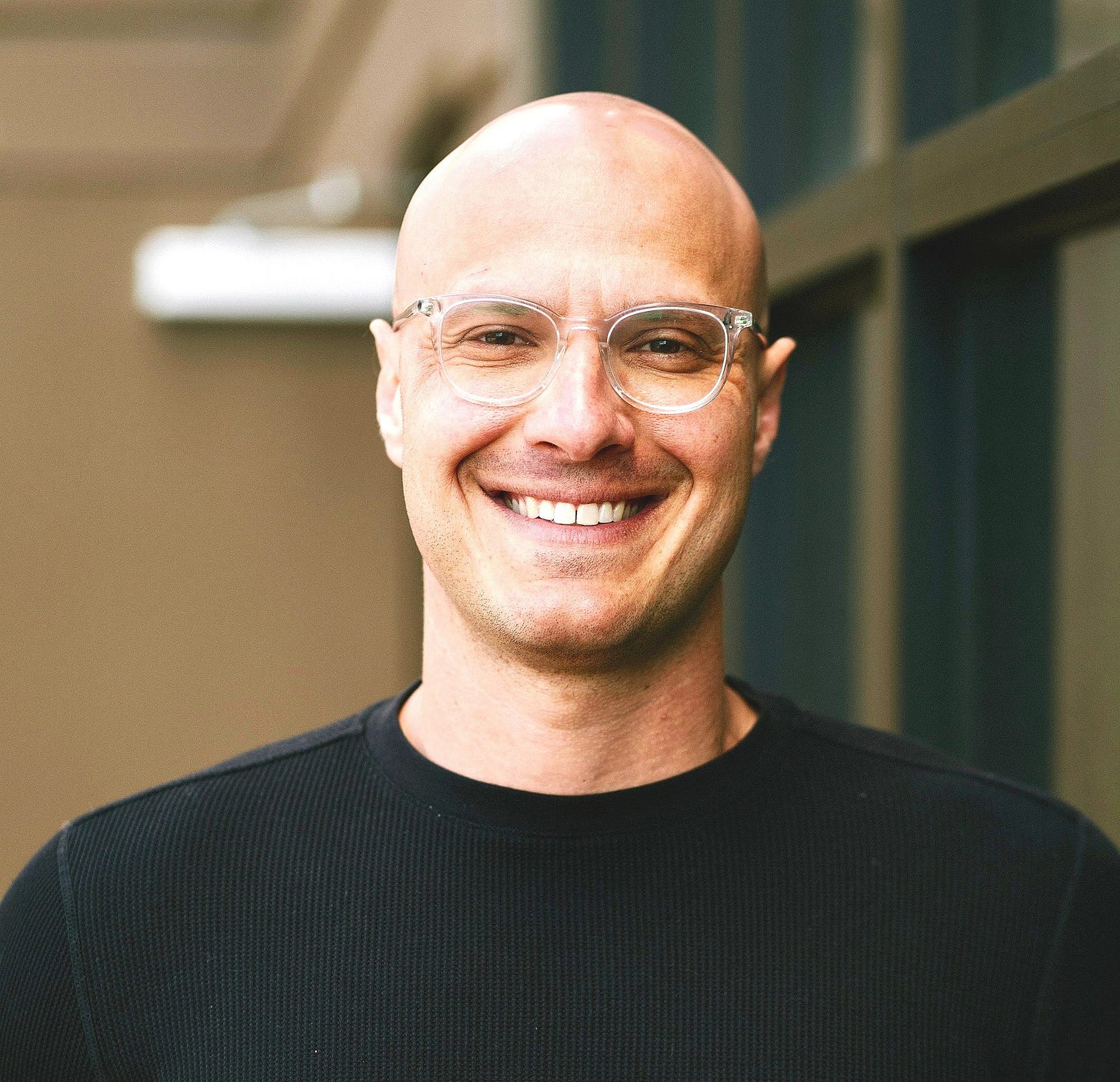P2P No. 48 — Mastering Change in Academia with Brad Stulberg
An interview with Brad Stulberg, author of the national and USA Today bestseller Master of Change
Master of Change, the new book by Brad Stulberg from The Growth Equation, was clearly the best one I read in September. As I thought about the inherent change in academia, I got more questions than answers. Luckily, I got the opportunity to interview Brad. Enjoy!

Non-dual thinking for balancing habits and new ideas
Patrik: As the Zen proverb says: "For the beginner, there are many paths; for the advanced, few." How can we apply non-dual thinking1 to avoid the above while maintaining some traditions/practices to keep us grounded?
Brad: I think it's a matter of realizing that what works works great, until it gets in the way, which sounds similar to your second question! I would suggest a practice of regularly asking myself something in the spirit of
Are the tools that got me here still the right tools to get me where I want to go?
I also think it's worth reflecting on your sources of ruggedness (these are the traditions/practices to stay grounded) and then being willing and able to hold onto those, but also to apply them flexibly over time and in changing and diverse circumstances.
When to seek change
Patrik: As Steve2 pointed out in one of his tweets, specific methods work until they don't, and our performance reaches a plateau. How do we realize when we need to seek change to avoid getting stuck/plateauing?
Brad: A magic wand would tell you exactly when you are about to get stuck and plateau, so you could know when to make a shift. Unfortunately, no such magic wand exists! (If it did, its creator would be a wealthy person!)
I think oftentimes we first need to get stuck to be able to get unstuck, and that's just how it goes.
One thing that can help you get creative and upstream is looking to similar others and exploring what they have shifted and evolved on, and then evaluating if there are applications in there for oneself.
Mastering change in academia
Patrik: As an adjunct professor at the University of Michigan, how do you transfer the principles of mastering change to academia? Especially given some evidence that changing research fields can lead to higher scientific impact.
Brad: Cross-domain thinking and meetings and brainstorming and salons. The more academics can get outside of their silos, the better chances of creative breakthrough and productive change!
Dig Deeper
The Key to a Strong Identity Diversify Your Sense of Self—The Growth Equation
Opinion Stop Resisting Change—Brad Stulberg in The New York Times
Non-dual thinking means holding two seemingly competing ideas at once. Rugged flexibility, a core concept in Master of Change, is an example: it combines ruggedness to push through obstacles and flexibility to adapt to change.
Steve Magness is a coach, writer, exercise physiologist, and the co-founder of The Growth Equation with Brad.

